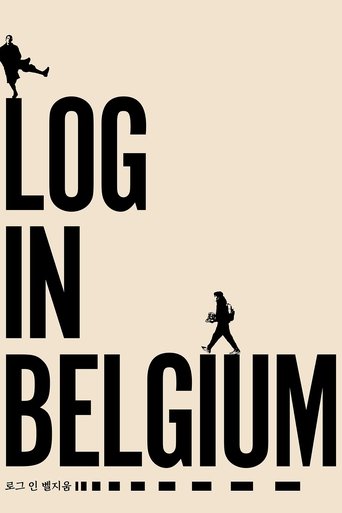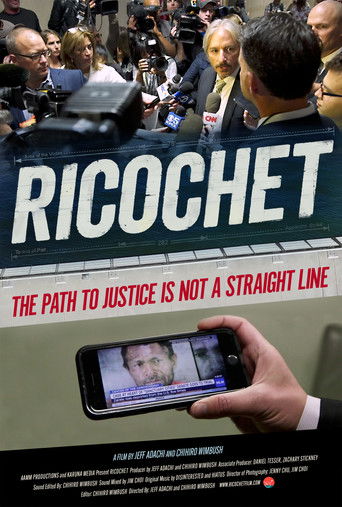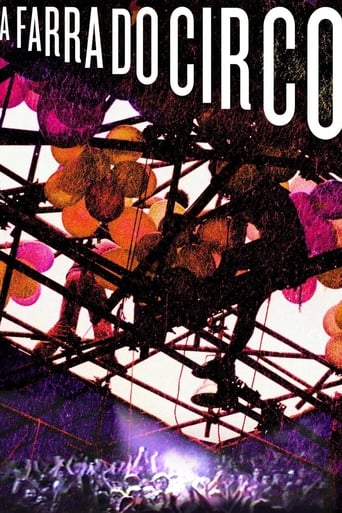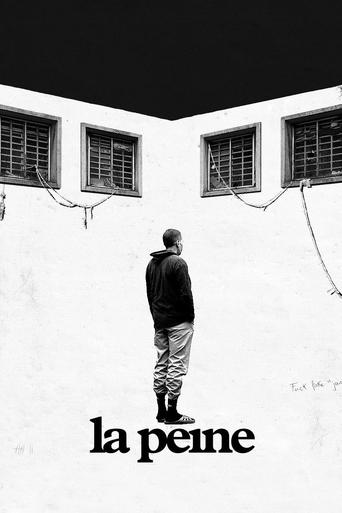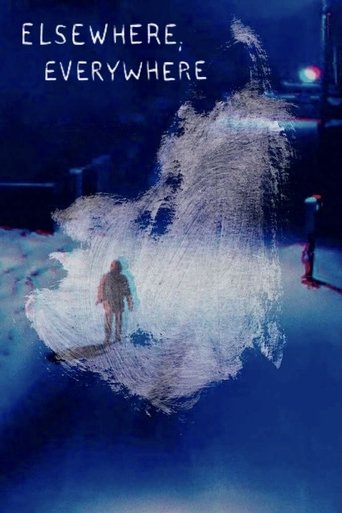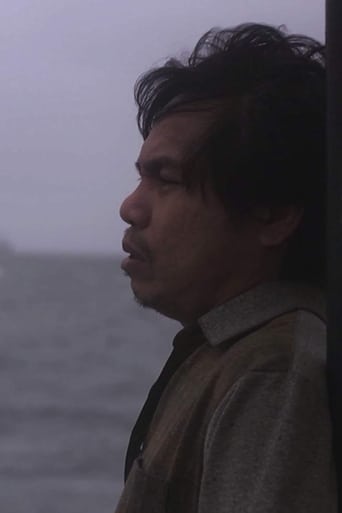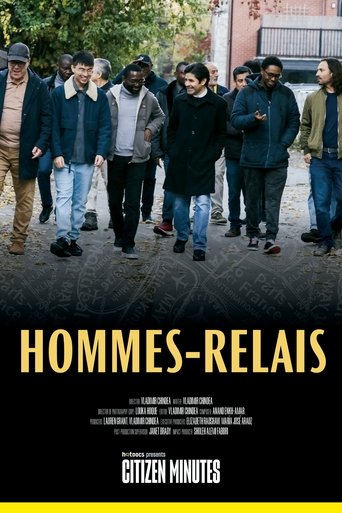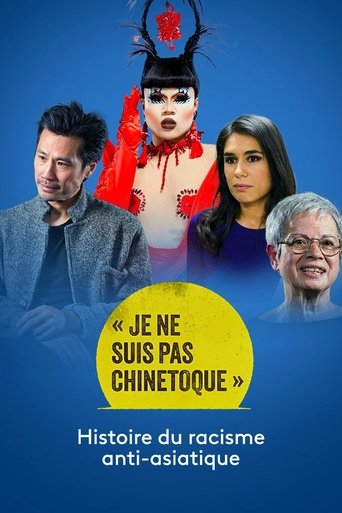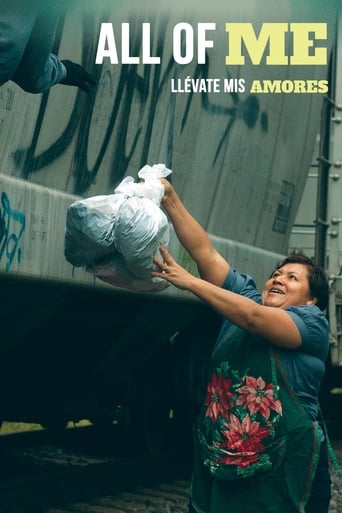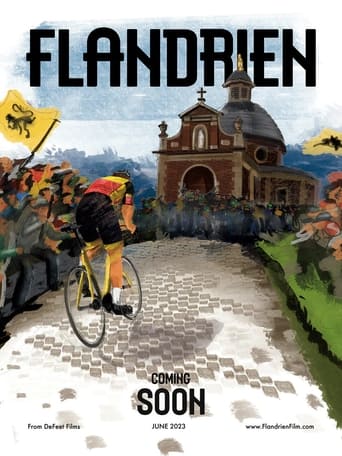
01 Jan 2023

Flandrien
Filmed on location, Flandrien tells the story of the Flanders region of Belgium. Rich in history, full of flavor and adventure, Flanders abounds with captivating visuals. Cycling is central to the lifestyle and culture of the area. From the onset, the question arises: What is a Flandrien? The journey strips away the layers to discover and understanding where, why, and within whom the Flandrien spirit lives. Along the way, the treasures, triumphs, and tragedies of Flanders are revealed. Flandrien shares insights from some of the cycling greats of Belgium and around the world who devoted their lives to a sport so ingrained in the culture it is inextricable.
